Domestic abuse
A safe space to call home
We know how important it is to have a home where you feel safe. Unfortunately, we also know that if you’re experiencing domestic abuse, your home may not always be a safe place to be. You’re not alone and can have confidence in speaking to our experienced team.
Once you’ve let us know, we’ll do what we can to help you. We’ll work with you to make a plan, and this could include making your home more secure, helping you move somewhere new or working alongside other support you may have in place.
Every situation is different, and we’ll be led by you.
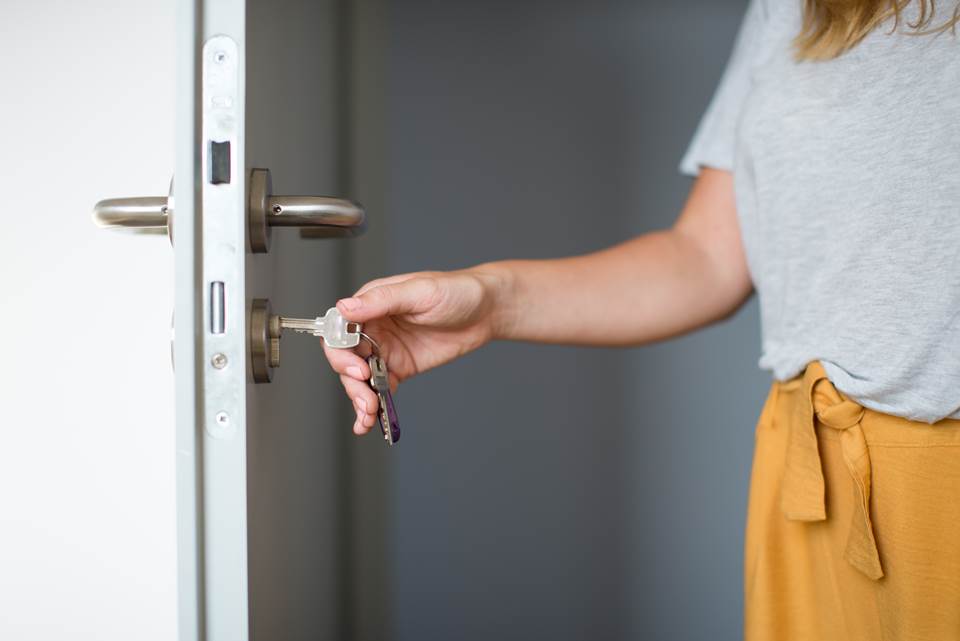
A safe place to meet and chat
We understand that it may not always be safe for you to talk with us at your home.
If that’s the case, we’ll be happy to meet you somewhere else like a coffee shop, a local park, a friend’s house or even one of our offices. We’ll meet you wherever you feel safest, and we can also agree the safest way to contact you.
Reach out to us safely
If you choose to tell us anything, we’ll keep it confidential, unless we feel there are serious concerns for your safety.
We know that victims of domestic abuse will often try and prioritise protecting their children. However, we know that children are also affected by what they see, hear and experience in their home.
If we’re concerned for the safety of a child, we’ll need to let the safeguarding agencies know – they are here to help too.

8am-5pm
Monday to Friday
How we can help
- Make your home safer, this could mean installing additional locks/ or adding additional lighting
- Help you access safe accommodation. This could mean temporary accommodation or a refuge.
- Provide information about how you can move.
- Guide you to domestic abuse support services.
- Support you in understanding and creating a safety plan.
- Work together with other support agencies.
- Be a single point of contact to help if you have any other issues relating to your home, like rent debt or tenancy concerns.
- Guide you to domestic abuse support services dedicated to supporting victims and survivors with similar experiences, background or characteristics as you.
Clare's Law
If you’re concerned about the way your partner is behaving, or worry that they may have a history of domestic abuse, you can request a 'Clare's Law Disclosure' from the Police.
They may call this a DVDS (domestic violence disclosure scheme)
You will find further information on your police forces website for your local area.
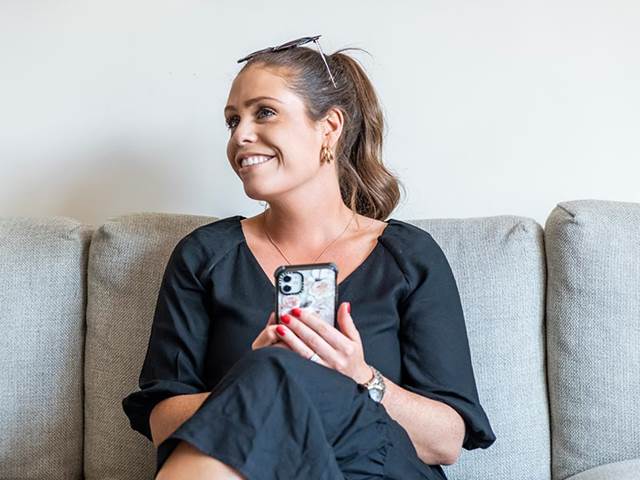
Domestic abuse isn't always easy to spot
These are some of the signs:
- Your money being withheld or controlled
- You’re being stopped from seeing your family and/or friends
- Your choices are being controlled (for example what you wear, or where you go)
- You receive unwanted or excessive contact from a current or ex-partner, whether in person or via texts and phone calls
- You are being physically hurt
- Your home or belongings are being damaged
- You feel you have to adjust your behaviour for fear of upsetting the other person
- Your children are being used against you. For example, if you leave, the children will be taken away
- Your pets are being harmed
If you’re experiencing any of these, please let us know.
Abuse from your children
This covers any behaviour by a young person to control, dominate, or coerce their parents. It’s often threatening and intimidating and can put family safety at risk:
- Hitting, punching, spitting, shoving, damaging property, bullying siblings or harming pets.
- Demanding money, stealing money and possessions, or running up debts in their parent’s name.
- Inappropriate sexual behaviour or language – 4% of parents who are being abused by their child experience this.
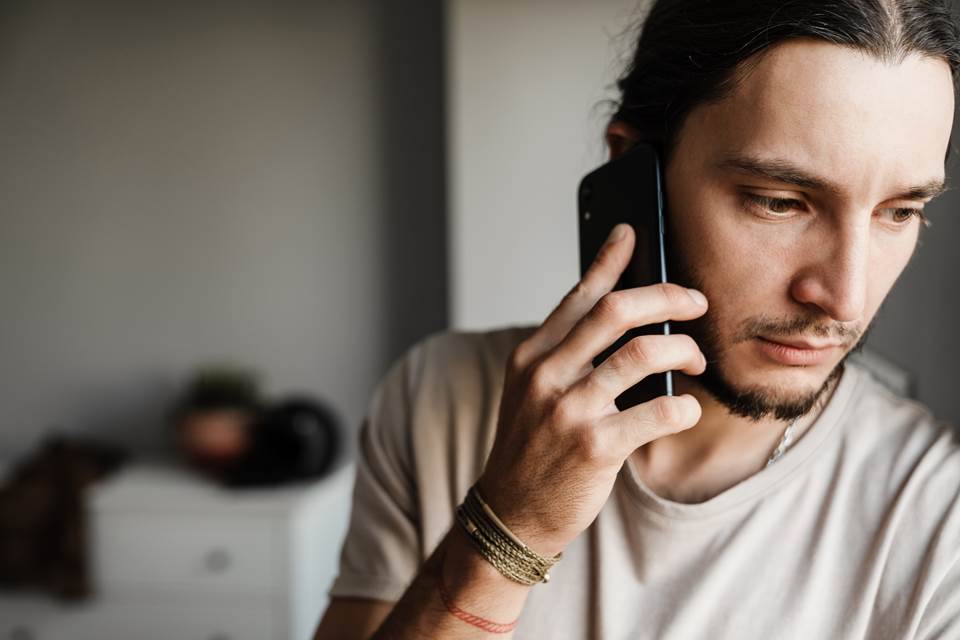
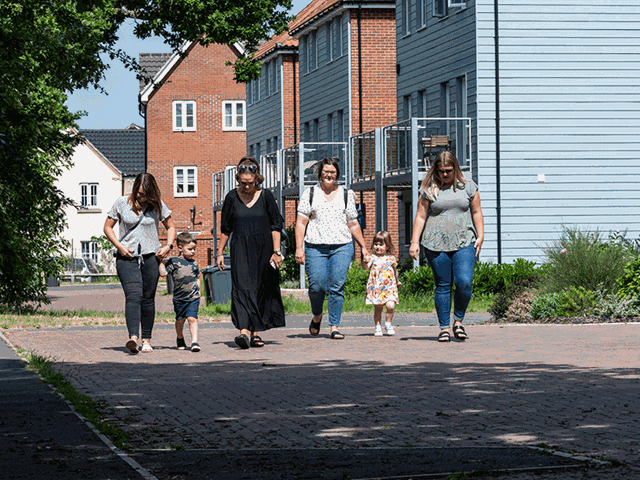
If you suspect domestic abuse in your community
If you have reason to believe that one of your neighbours or even someone else in your household is experiencing domestic abuse, you can tell us.
We won’t share any details about your disclosure with the person or people involved, but you can even tell us anonymously if you’d prefer.
If you feel someone is at immediate risk of harm call 999.
You can get in touch with us in a number of ways, as shown below.
Useful documents
Useful contacts
Power & control wheel
Safety planning guide
Relationship breakdown guide
Relationship breakdown guide
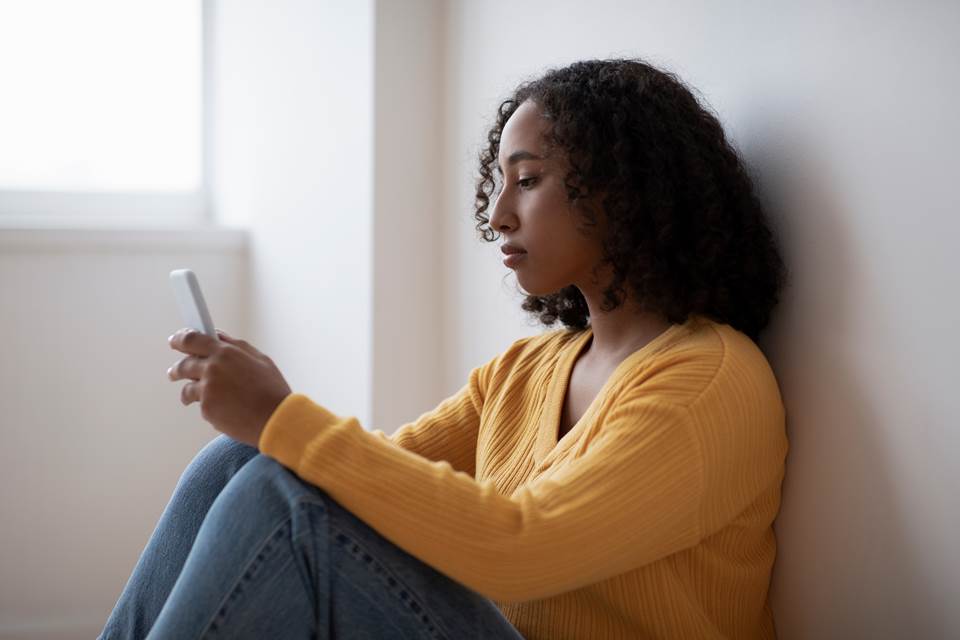
If you think you might be harming someone
It takes strength to admit you are abusing your partner. But if you really want to change, you can. Change is difficult, and you will only be successful if you can;
- Accept responsibility for the abuse
- Accept that abuse comes from the desire to control your partner
- Understand the way you may control your partner
- You have a choice
- Stop using anger to control your partner
- Seek help from professionals
Programmes exist to help you change your behaviour and make your home a safer place to be.
Respect
Self-help guide (heterosexual relationships)
Self-help guide (same-sex relationships)








